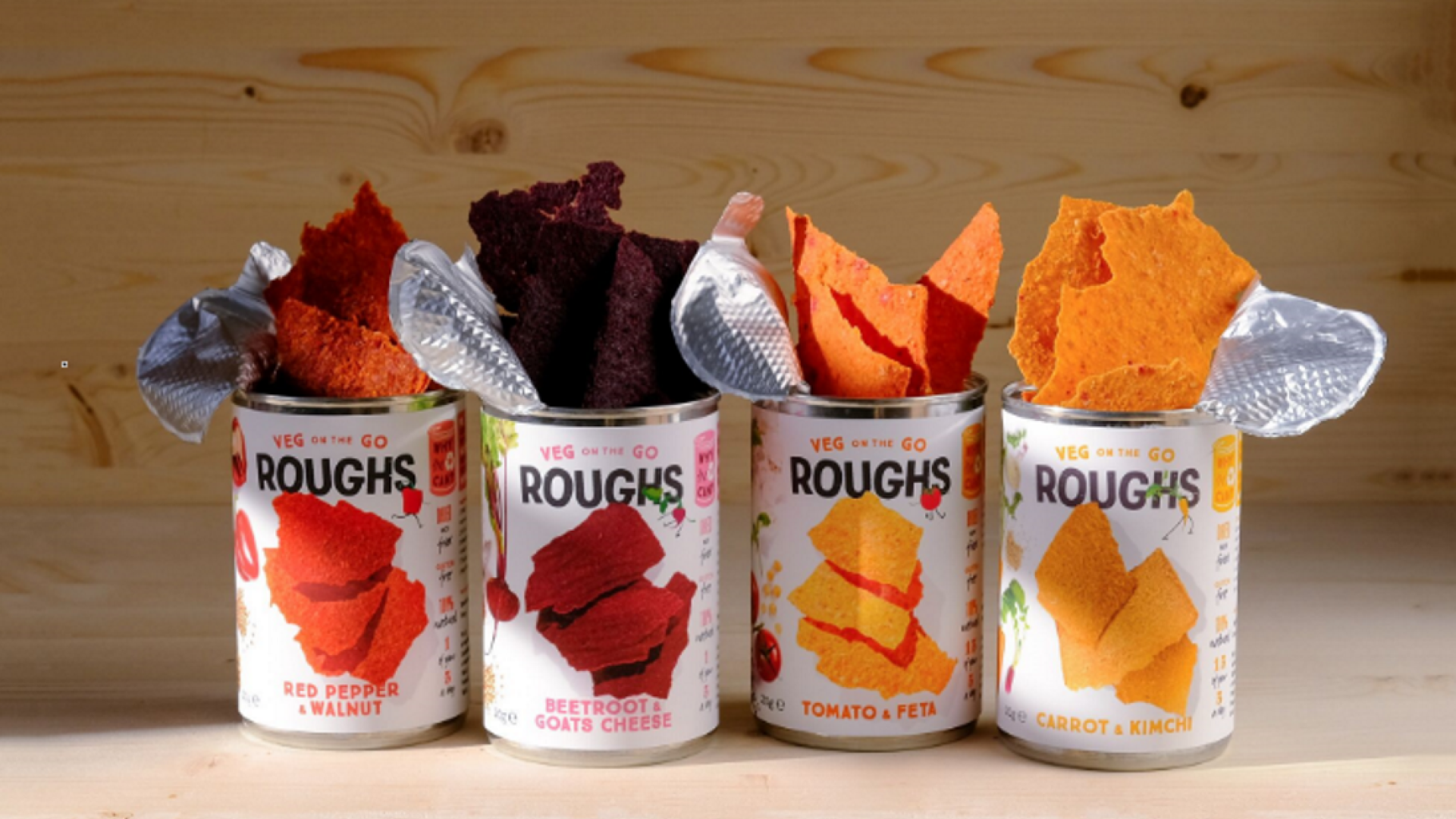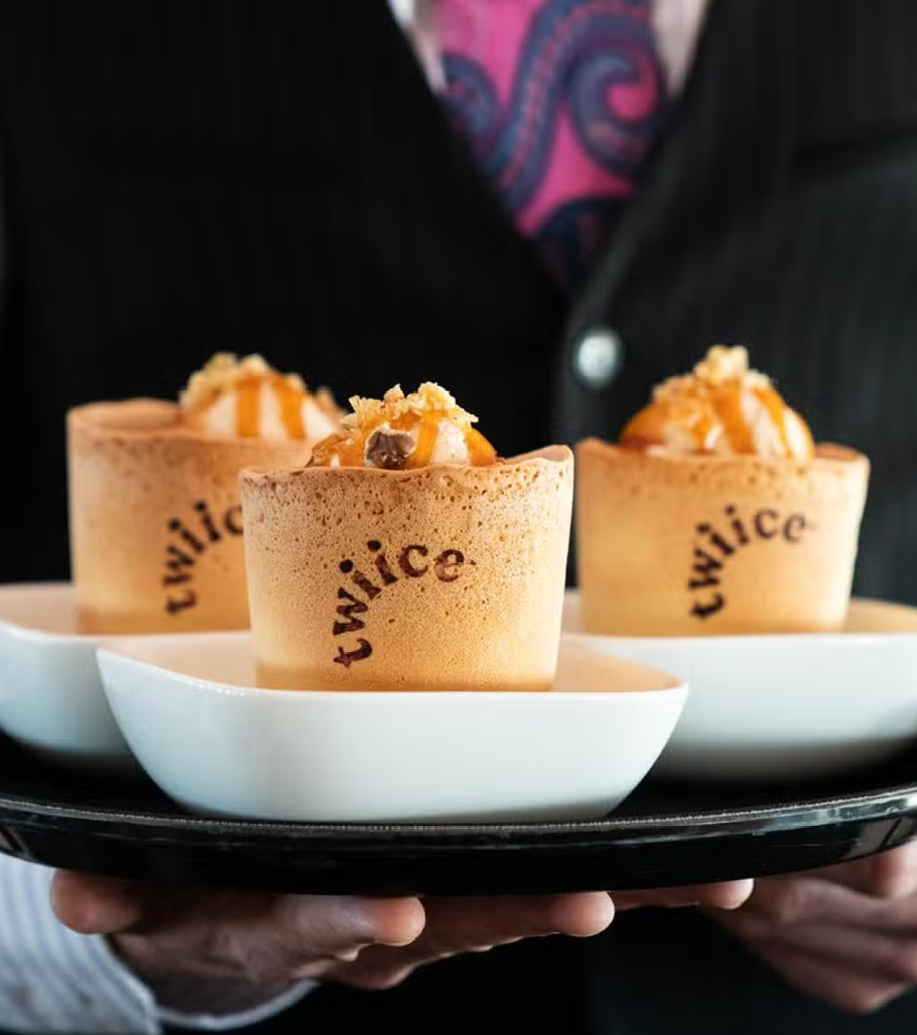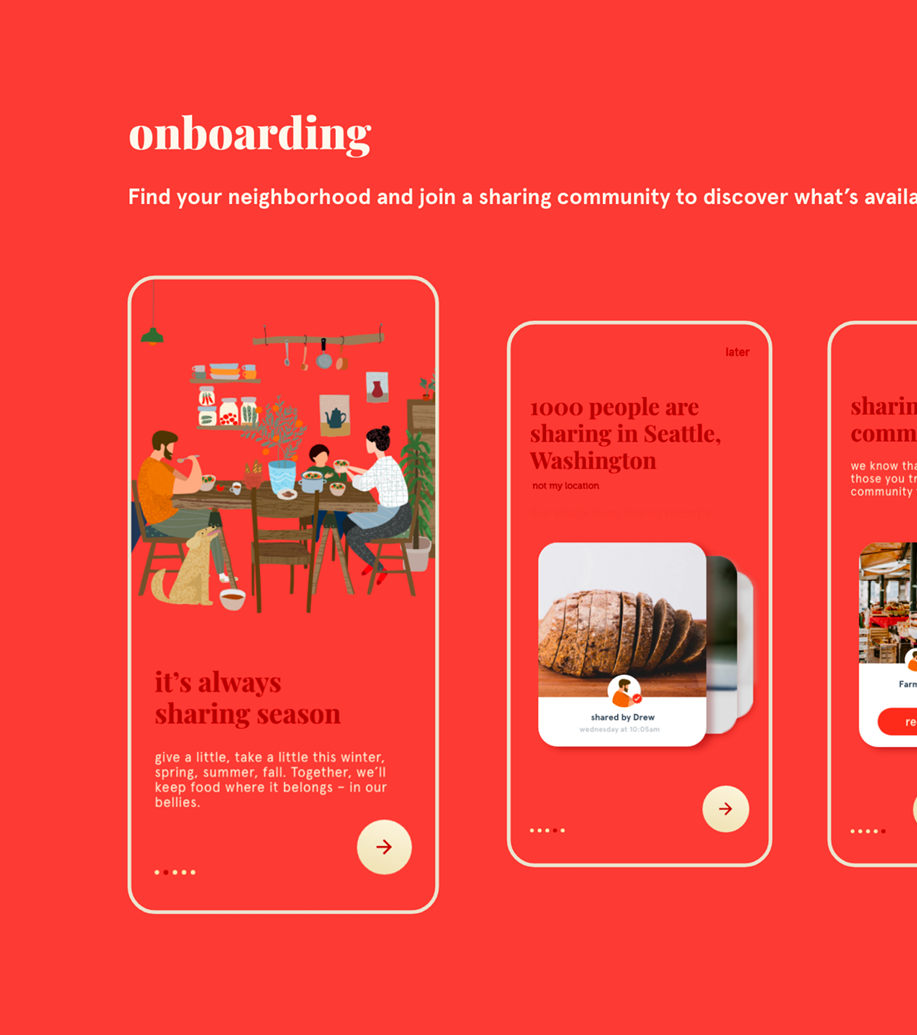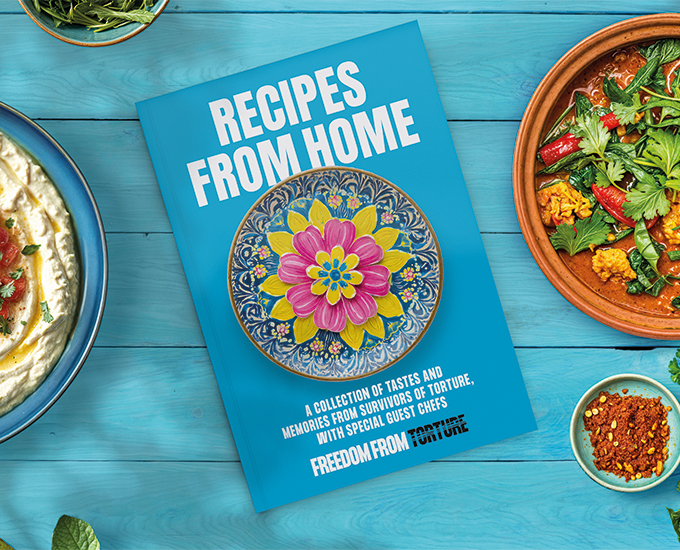FMCG food culture has meant that the last four generations of consumers have been spoilt for choice in a convenience culture that has often prioritised sell-by-dates and mass yield. Over time we have become accustomed to an over sanitised relationship with our food. Industrialism has meant that ‘big food’ producers could move beyond seasonal and indigenous yields to ultimately create an unnatural amount of unnatural food.
Today we simply don’t use food well enough. WRAP estimates that the total amount of food excess waste is 3.6 million tonnes per year and that if this waste was used and sold at market values, it could have had a value of £1.2 billion. In the face of an unsustainable future we are finally seeing brands begin to acknowledge the scale of the problem and find ways to effectively tackle excessive consumption habits and challenge the truths by which our food is deemed fit.
In this presentation we take a look at intelligent food recycling, a re-emergence of preservation methods and unpackaged formats that are moving an unsustainable system towards smarter systems that leverage every aspect of food life cycle. Even with these showcased innovations we realise there is still a lot of work and design thinking to be done to create a meaningful cultural shift around our food’s true lifecycle.
Four key themes of Change
1. In-house farming
Making the cultivation, harvest and production of our food more efficient in nearby and urban areas
2. Intelligent storage
Tempering wasteful storage processes by transforming the production, transportation and retail part of the food chain
3. Edible longevity
Reusing left over food waste and transforming into new and desirable products, methods and processes
4. Symbiotic systems
Creating a more symbiotic chain back returning back to Earth more than we take experimenting with pollination, composting and regeneration










